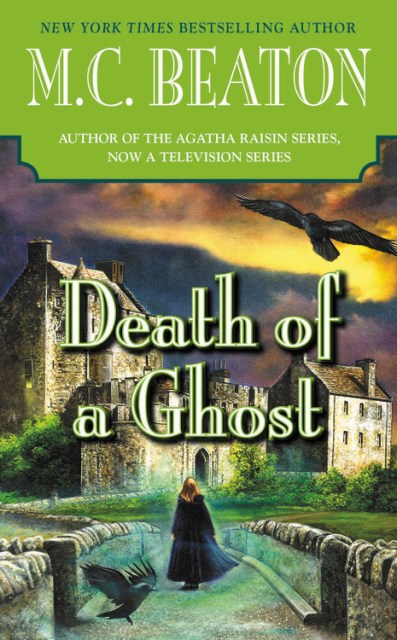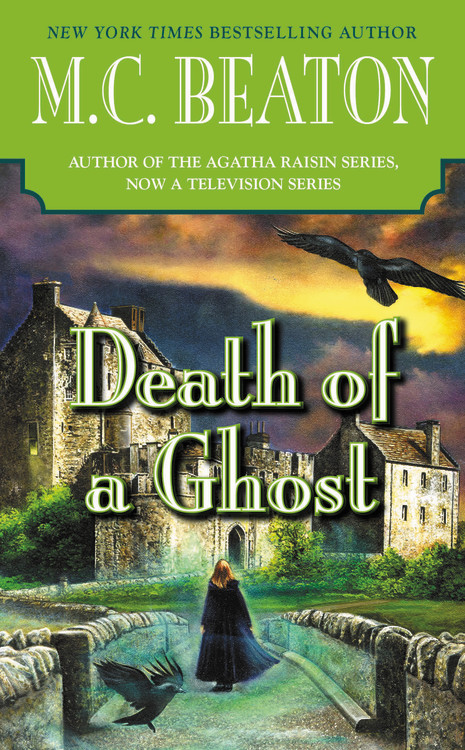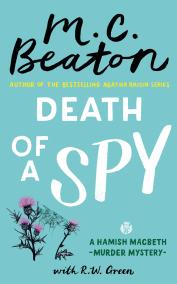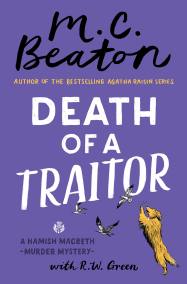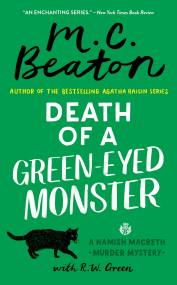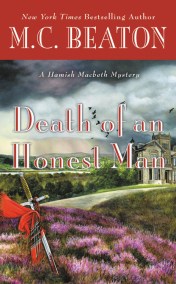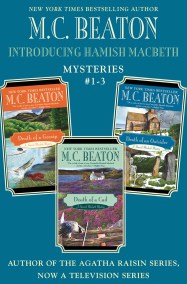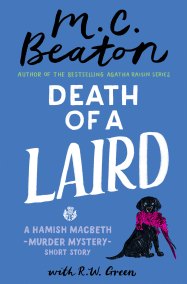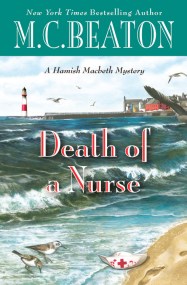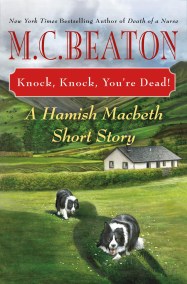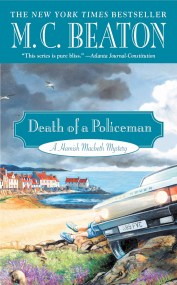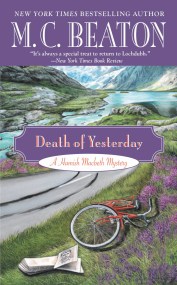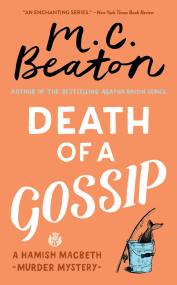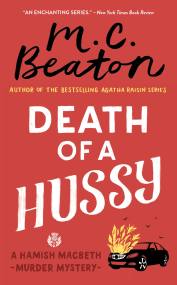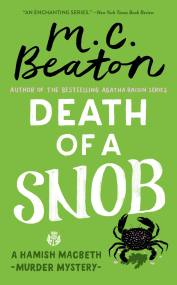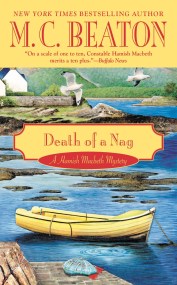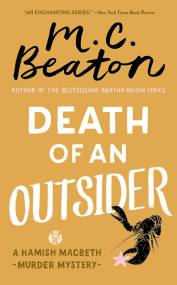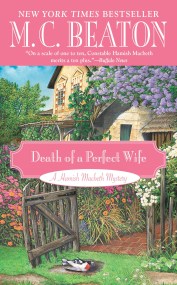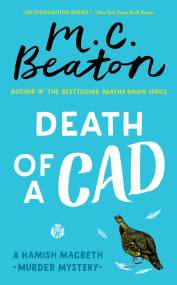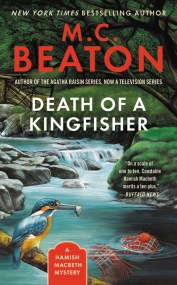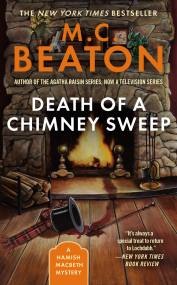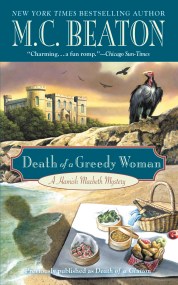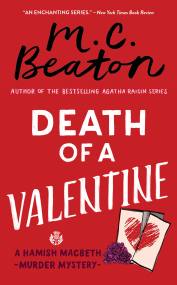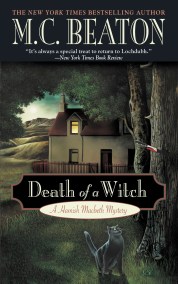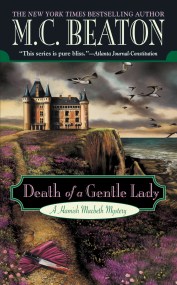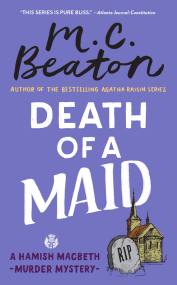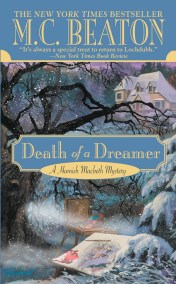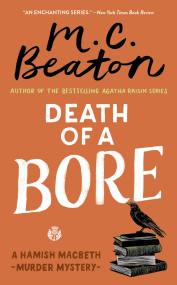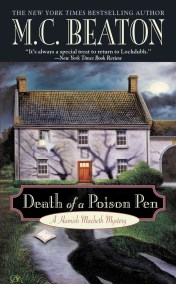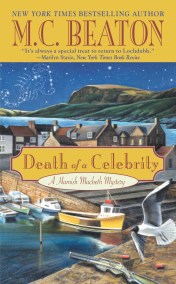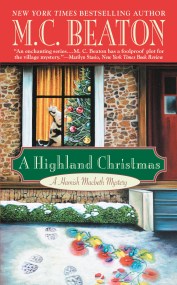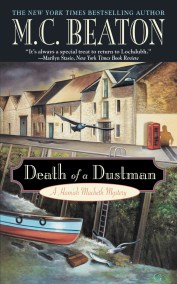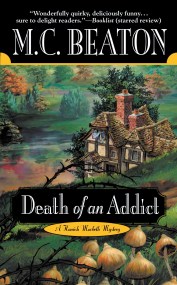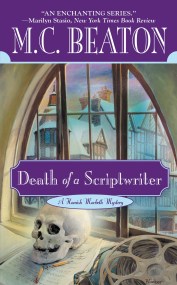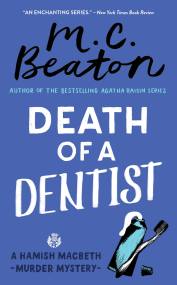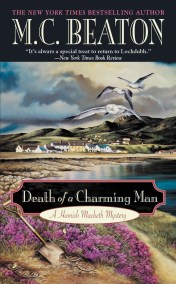Death of a Ghost
Contributors
By M. C. Beaton
Formats and Prices
Price
$7.99Price
$11.99 CADFormat
Format:
- Mass Market $7.99 $11.99 CAD
- ebook $7.99 $9.99 CAD
- Audiobook Download (Unabridged) $18.99
This item is a preorder. Your payment method will be charged immediately, and the product is expected to ship on or around February 27, 2018. This date is subject to change due to shipping delays beyond our control.
Also available from:
Sergeant Hamish Macbeth–Scotland’s most quick-witted but unambitious policeman–returns in M.C. Beaton’s new mystery in her New York Times bestselling series. From the author of the Agatha Raisin series.
When Police Sergeant Hamish Macbeth hears reports of a haunted castle near Drim, he assumes the eerie noises and lights reported by the villagers are just local teenagers going there to smoke pot or, worse, inject themselves with drugs. Still, Hamish decides that he and his policeman, Charlie “Clumsy” Carson, will spend the night at the ruined castle to get to the bottom of the rumors once and for all.
There’s no sign of any ghost…but then Charlie disappears through the floor. It turns out he’s fallen into the cellar. And what Hamish and Charlie find there is worse than a ghost: a dead body propped against the wall. Waiting for help to arrive, Hamish and Charlie leave the castle just for a moment–to eat bacon baps–but when they return, the body is nowhere to be seen.
It’s clear something strange–and deadly–is going on at the castle, and Hamish must get to the bottom of it before the “ghost” can strike again…
When Police Sergeant Hamish Macbeth hears reports of a haunted castle near Drim, he assumes the eerie noises and lights reported by the villagers are just local teenagers going there to smoke pot or, worse, inject themselves with drugs. Still, Hamish decides that he and his policeman, Charlie “Clumsy” Carson, will spend the night at the ruined castle to get to the bottom of the rumors once and for all.
There’s no sign of any ghost…but then Charlie disappears through the floor. It turns out he’s fallen into the cellar. And what Hamish and Charlie find there is worse than a ghost: a dead body propped against the wall. Waiting for help to arrive, Hamish and Charlie leave the castle just for a moment–to eat bacon baps–but when they return, the body is nowhere to be seen.
It’s clear something strange–and deadly–is going on at the castle, and Hamish must get to the bottom of it before the “ghost” can strike again…
Series:
- On Sale
- Feb 27, 2018
- Page Count
- 320 pages
- Publisher
- Grand Central Publishing
- ISBN-13
- 9781455558292
By clicking 'Sign Up,' I acknowledge that I have read and agree to Hachette Book Group’s Privacy Policy and Terms of Use
